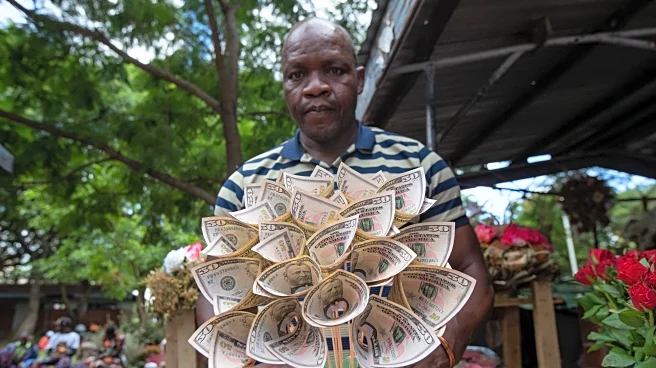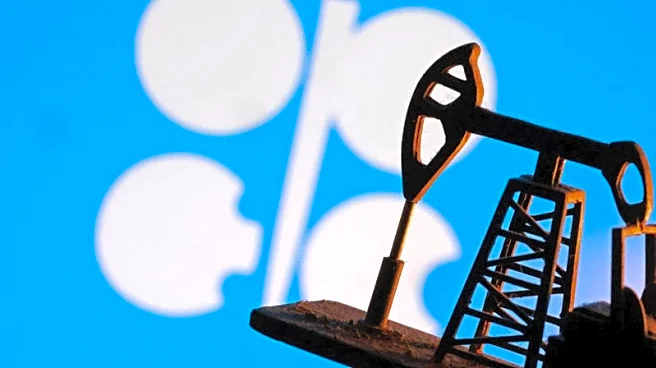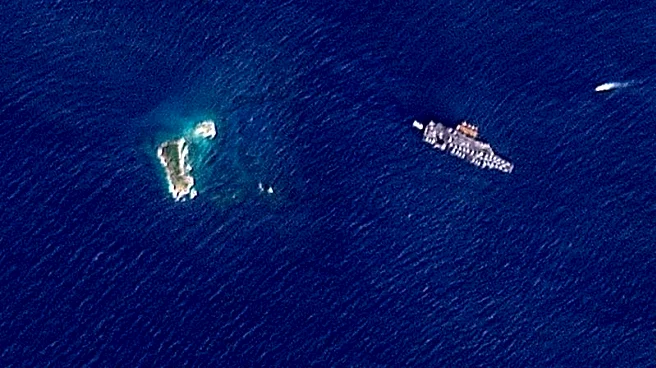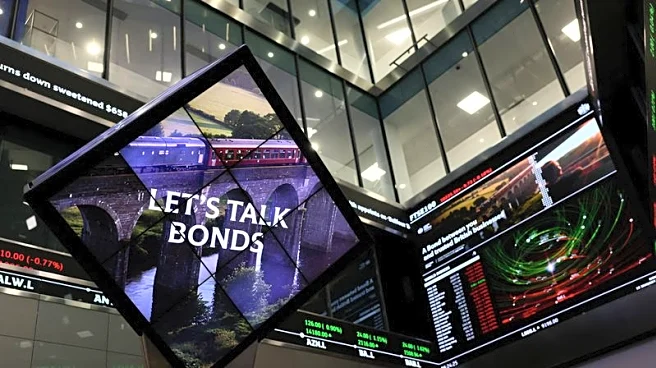By Alberto Alerigi
SAO PAULO (Reuters) -Brazil's auto exports are set to grow much more than previously expected in 2025, automakers' association Anfavea said on Thursday, crediting strong demand from neighboring
Argentina for the upward revision to its forecast.
The higher exports should help the industry offset the weaker than previously expected local sales, as high interest rates and uncertainties linked to U.S. tariffs weigh on the Brazilian market.
Anfavea now sees auto shipments from Latin America's largest economy jumping 38.4% year-on-year to 552,000 units, up from a previous estimate of a 7.5% increase to 428,000 vehicles.
The change was "mainly driven by the Argentine market," Anfavea head Igor Calvet told reporters, as data showed that shipments to Brazil's top auto export destination more than doubled so far this year.
Between January and July, according to the association, exports to Argentina increased 156.5% year-on-year to 183,905 units, lifting the nation's share of Brazil's auto exports to 58.9%, from 35.1% in 2024.
Argentina and Brazil are part of South America's Mercosur trade bloc. Argentine President Javier Milei has implemented austerity measures in the country amid a crisis marked by steep inflation.
Other key destinations for Brazilian auto exports include Colombia, Chile, Uruguay and Mexico, although the latter two have seen a decline in shipments in the first seven months of the year.
Anfavea also revised its estimate for Brazil's auto sales in 2025. It now forecasts a 5% year-on-year increase to 2.765 million units, down from a previous forecast of 6.3% growth.
It blamed the revision on high local interest rates. Brazil's benchmark rate currently stands at 15%, the highest in nearly two decades.
Anfavea also cited economic uncertainties related to the trade war triggered by U.S. President Donald Trump. "There is significant uncertainty regarding what will happen to the truck market in light of the U.S. import tariffs," Calvet said.
"Around 60% to 70% of Brazil's products are transported by road, and these tariffs have an indirect impact on vehicle registrations in that segment," he noted, as demand for transportation would drop if fewer products are shipped.
Anfavea kept its forecast for Brazil's 2025 auto production unchanged at a 7.8% increase to 2.749 million units.
(Reporting by Alberto Alerigi Jr; Writing by Fernando Cardoso and Isabel Teles; Editing by Gabriel Araujo and Aurora Ellis)














